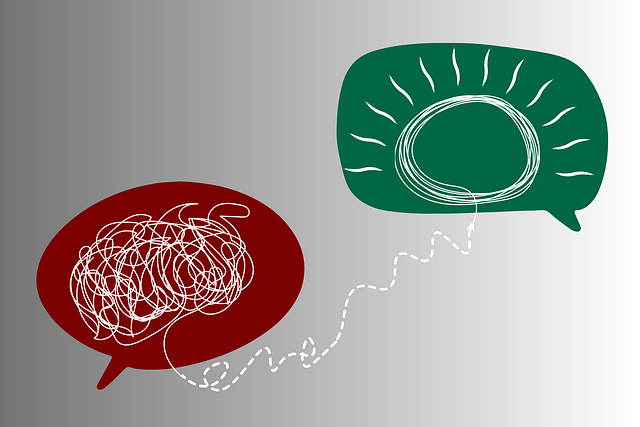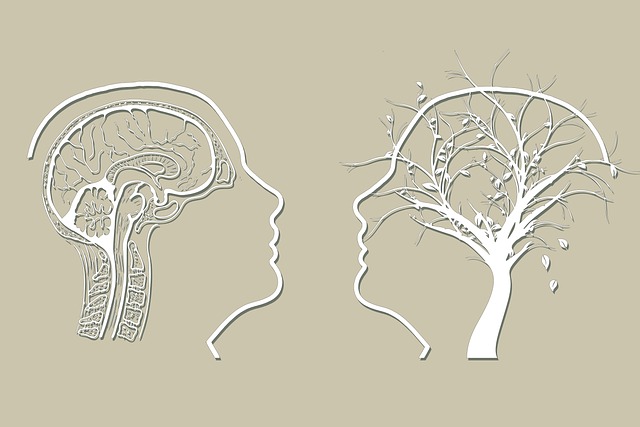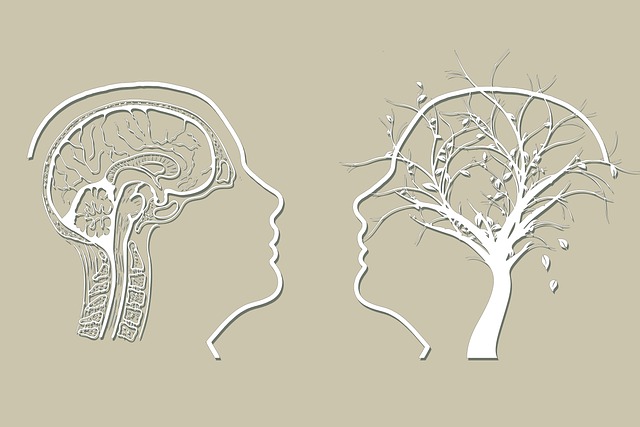Community outreach programs play a pivotal role in promoting mental well-being, especially in diverse urban settings like Littleton. This article explores the comprehensive implementation of Littleton Mindfulness Therapy initiatives, from identifying target demographics within the community to building strategic partnerships. We delve into effective outreach strategies that engage and educate residents on mental health practices, ensuring programs are accessible and successful. By examining case studies and expert insights, this guide highlights best practices for optimal community benefits through Littleton Mindfulness Therapy.
- Understanding Community Needs: Identifying Target Demographics for Littleton Mindfulness Therapy Programs
- Designing Effective Outreach Strategies: Engaging and Educating Communities on Mental Health Practices
- Building Partnerships: Collaborating with Local Organizations to Amplify Impact of Littleton Mindfulness Therapy Initiatives
- Implementing Program Logistics: Structuring Sessions, Ensuring Accessibility, and Measuring Success
- Evaluating and Adapting: Continuous Improvement for Optimal Community Benefits from Littleton Mindfulness Therapy Programs
Understanding Community Needs: Identifying Target Demographics for Littleton Mindfulness Therapy Programs

Designing Effective Outreach Strategies: Engaging and Educating Communities on Mental Health Practices

Designing effective outreach strategies is key to engaging communities and promoting mental health practices. One successful approach involves integrating various techniques tailored to different demographics. For instance, organizing interactive workshops in schools can foster discussions on stress management and emotional well-being among youth, while community events like mindfulness walks or meditation sessions cater to adults seeking relaxation and self-esteem improvement.
Littleton Mindfulness Therapy has recognized the power of such initiatives in building resilient communities. By offering educational programs that delve into Mental Health Policy Analysis and Advocacy, they empower individuals to understand and advocate for better mental health resources. These strategies not only enhance access to therapy but also encourage a culture of open dialogue around mental health topics, breaking down societal barriers and stigma. Incorporating Mindfulness Meditation as a core component ensures participants develop practical tools for managing stress and cultivating inner peace.
Building Partnerships: Collaborating with Local Organizations to Amplify Impact of Littleton Mindfulness Therapy Initiatives

Building strong partnerships with local organizations is a pivotal strategy for amplifying the impact of Littleton Mindfulness Therapy initiatives. By collaborating with community groups, schools, and healthcare providers, we can extend our reach and serve a wider demographic. These partnerships enable us to integrate our Littleton Mindfulness Therapy programs seamlessly into existing support networks, fostering holistic well-being.
Through such collaborations, we aim to develop and implement Mental Wellness Coaching Programs tailored to the unique needs of our community. By harnessing collective resources and expertise, we can promote Inner Strength Development through mindfulness practices, including Mindfulness Meditation, ultimately enhancing mental wellness across Littleton.
Implementing Program Logistics: Structuring Sessions, Ensuring Accessibility, and Measuring Success

Implementing community outreach programs, such as those offered by Littleton Mindfulness Therapy, requires meticulous planning and structured logistics to ensure their effectiveness. When designing sessions, consider the target audience’s needs and preferences. Sessions should be tailored to accommodate diverse backgrounds, abilities, and age groups, facilitating inclusive participation. For instance, incorporating adaptable mindfulness exercises that cater to both children and adults can enhance engagement.
Accessibility is paramount; programs must be located in convenient community spaces, with transportation options available if needed. Additionally, ensuring the sessions are free or at a minimal cost makes them more accessible to all. Measuring success involves tracking participation rates, feedback from attendees, and observable improvements in emotional regulation and resilience-building among participants. Regular risk assessments for mental health professionals conducting these programs are also essential to maintain safety and confidentiality.
Evaluating and Adapting: Continuous Improvement for Optimal Community Benefits from Littleton Mindfulness Therapy Programs

Effective community outreach programs, such as those offered by Littleton Mindfulness Therapy, require constant evaluation and adaptation to maximize their benefits. Continuous assessment allows for the identification of areas where programs can be improved, ensuring they remain relevant and impactful. By regularly gathering feedback from participants and mental health professionals, Littleton Mindfulness Therapy can refine its practices and tailor interventions to better address the specific needs of the community. This dynamic approach fosters a deeper connection with the target audience, enhancing the overall effectiveness of the initiatives.
Adapting programs involves not only modifying existing strategies but also incorporating innovative techniques for Anxiety Relief, Inner Strength Development, and Risk Management Planning for Mental Health Professionals. Such flexibility enables Littleton Mindfulness Therapy to stay ahead of emerging trends in mental health support and better equip individuals with the tools needed to navigate life’s challenges. Continuous improvement ensures that the community benefits from optimal program outcomes, ultimately contributing to a healthier and more resilient society.
The implementation of Littleton Mindfulness Therapy programs requires a holistic approach, from understanding community needs and designing effective outreach strategies to building partnerships and ensuring program logistics. By collaborating with local organizations and continuously evaluating for improvement, these initiatives can significantly enhance mental health practices within the community. Through structured sessions and focused accessibility, Littleton Mindfulness Therapy has the potential to reach and benefit diverse demographics, fostering a more resilient and mindful society.














